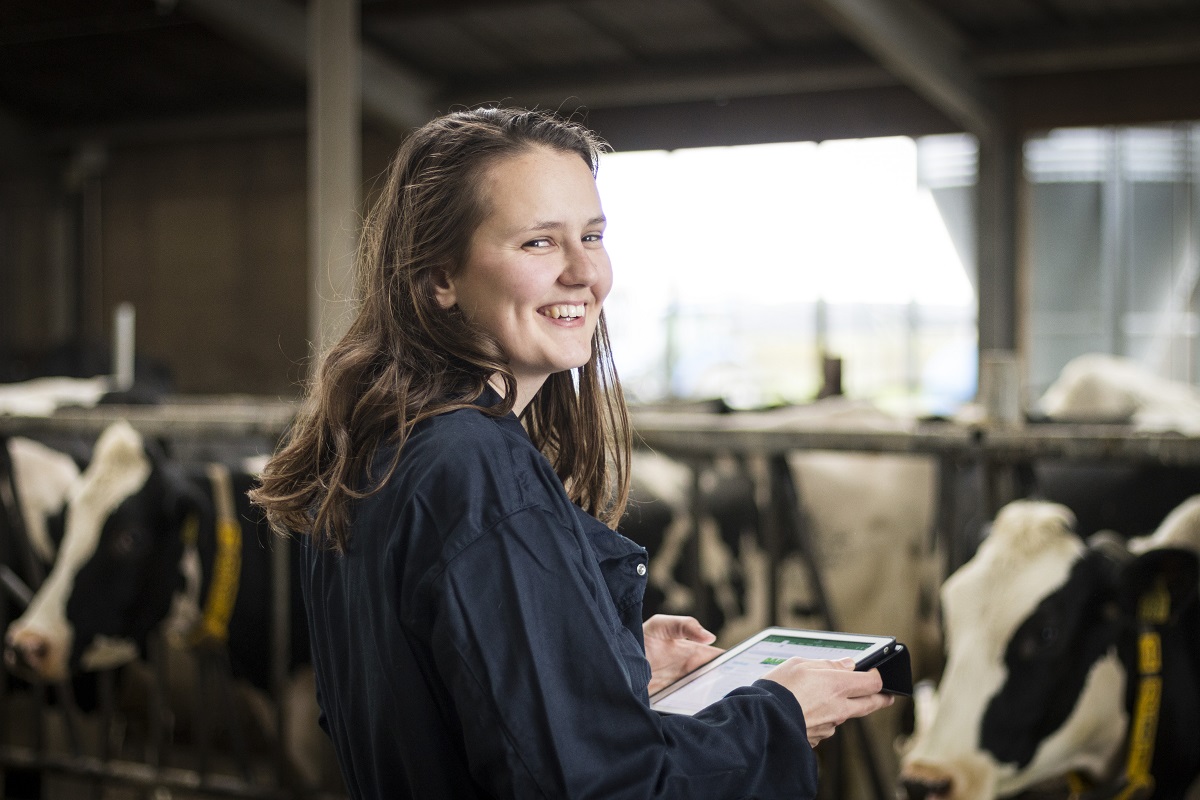Animal Husbandry - Applied Animal Sciences
SubjectAnimal Science, Biology

Are you enterprising and do you have a passion for animals?
Dutch animal industry is dynamic and of a very high level. On an international scale, the Netherlands is a frontrunner in the field of breeding, nutrition and the wellbeing of animals. Will you contribute to further development in the industry? Will you support the people and businesses who are active in the horse industry? Or will you ensure that the Netherlands stays an important player in global livestock farming?
Developments proceed at a rapid pace. Production in livestock farms is increasing rapidly, and this development coincides with an increasingfocus on the health and well-being of animals. Will you take on the major challenges? The industry can certainly use well-trained specialists like yourself!
Study programme
The first year curriculum focuses on giving you the foundation knowledge of animal husbandry. You will learn about all aspects of the industry, from animal nutrition and breeading to marketing and land management. Theoretical training continues more in depth in the second and third years to prepare you for the graduation thesis. Although the course aims to cover a broad range of topics to ensure you have a breadth of experience, you can choose a specialisation in the final year. The two options currently available are Equine, Sports and Business and Applied Animal Sciences.
Studying animals from a scientific perspective
Applied animal scientists share a passion for animals mixed with a desire to understand them on a scientific level, and apply their knowledge to practice.
As a student choosing to specialise in Applied Animal Science, you focus on nutrition, immunology and diagnostics, disease control, animal welfare and many other topics related to animals. However, in order to become a successful animal scientist, one must also understand the basics of the business in which you will be working. For that reason, courses on marketing, management and business administration are given as well. You will also learn about applied research and scientific research methods and project management. The combination of knowledge you gain will allow you to set up projects for policy change and applied or scientific research, and to translate results into recommendations for everyday practice.
Nowadays, scientists, and farmers alike are facing a new kind of crisis; with more and more mouths to feed globally, the time has come to start producing meat efficiently and responsibly. The industry needs individuals who care for the welfare of animals kept for commercial purposes and who understand how to feed and breed them, while also knowing the ins and outs of the animal production industry. A researcher, consultant or farm employee... These are just some of the career paths you can look forward to!
Practical experience is an essential part of education at Van Hall Larenstein. First year students have the opportunity to complete a project in the second semester, which enables them to develop the skills needed for two internships in the second and third years. Overall, you will spend 30% of your time working on practical assigments and in teams.
Entry requirements
You need to have three A Levels or a relevant BTEC Level 3 Extended Diploma. Chemistry is highly recommended but not mandatory.
Meet Van Hall Larenstein
Coming to an Open Day is an excellent opportunity to learn more about Van Hall Larenstein and the "Animal Husbandry" programme.
Upcoming open days:
Van Hall Larenstein also offers the "Animal Husbandry" webinar, which you can access via the university's website. The next one will take place on 6th March 2019. You can sign up via www.vhluniversity.com.
Similar courses



